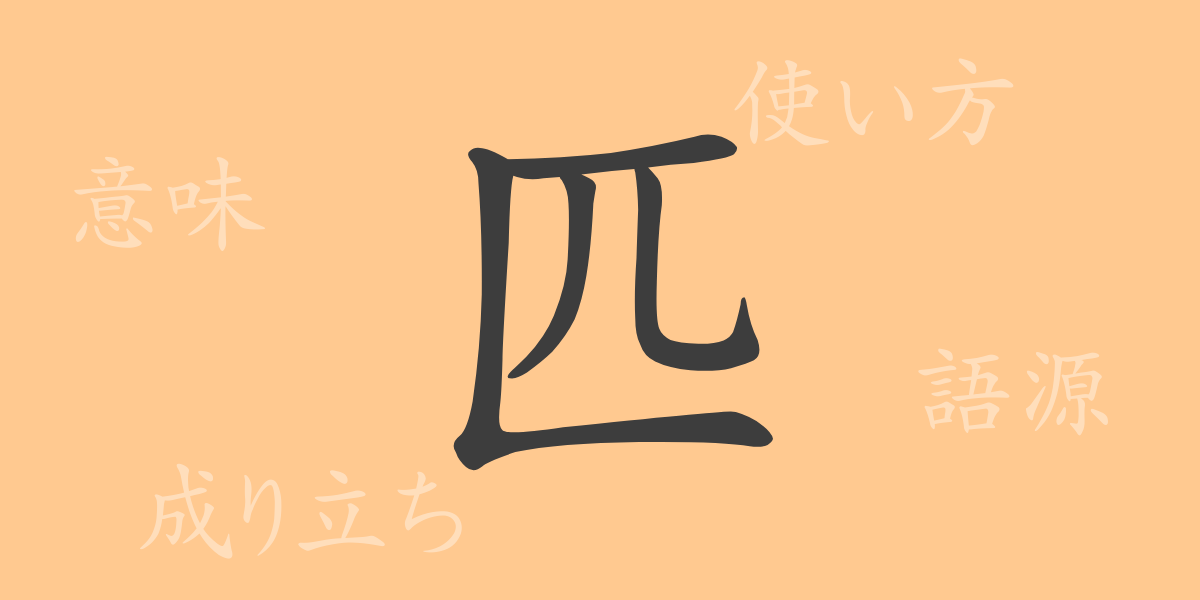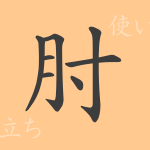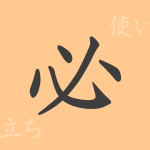The beauty of the Japanese language lies in its complexity and subtlety. The commonly used kanji “匹(ひき, hiki)” is a prime example of this. Despite its frequent use in daily life, many people may not be aware of the depth of its history and meaning. In this article, we will delve into the origins, meanings, usage, readings, stroke count, radical, and related idioms and proverbs of the kanji “匹(ひき, hiki)”.
Origins of 匹(ひき, hiki)
The kanji “匹(ひき, hiki)” has its origins in ancient China. Originally, the character “疋(ひき, hiki)” meant cloth and was used as a unit of length for textiles. Over time, “疋(ひき, hiki)” evolved into “匹(ひき, hiki)” and began to be used as a unit for counting animals. This change exemplifies how language usage evolves with societal changes.
Meanings and Usage of 匹(ひき, hiki)
In modern Japanese, “匹(ひき, hiki)” is primarily used as a counter for animals. It is commonly used to count small animals and livestock. For example, “二匹の猫(にひきのねこ, nihiki no neko)” means “two cats” and “五匹の羊(ごひきのひつじ, gohiki no hitsuji)” means “five sheep.” However, for larger animals, the counter “頭(とう, tou)” is generally used.
Readings, Stroke Count, and Radical of 匹(ひき, hiki)
The kanji “匹(ひき, hiki)” has a simple yet distinctive structure.
- Readings: The on’yomi (音読み, Chinese reading) is “ヒツ(ひつ, hitsu)” and the kun’yomi (訓読み, Japanese reading) is “ひき(ひき, hiki).”
- Stroke count: The kanji “匹(ひき, hiki)” consists of four strokes.
- Radical: Its radical is “匸(けいがまえ, keigamae).”
Idioms, Expressions, and Proverbs Using 匹(ひき, hiki)
There are numerous idioms, expressions, and proverbs in Japanese that include “匹(ひき, hiki).” For example, the idiom “匹敵する(ひってきする, hitteki suru)” means “to be equal in ability or value to someone or something” and is often used in contexts of competition or comparison. The expression “匹夫の勇(ひっぷのゆう, hippu no yuu)” means “reckless courage lacking in planning or reason” and is often used in a critical context. These phrases demonstrate the rich expressive power of the Japanese language.
Summary of 匹(ひき, hiki)
The kanji “匹(ひき, hiki)” possesses a rich history and meaning that belies its simple form. From its role as a counter for animals to its use in idioms and proverbs, it plays an important part in the Japanese language. We hope that through this article, you have gained a deeper understanding of the diverse aspects of “匹(ひき, hiki)” and enriched your knowledge of Japanese.

























